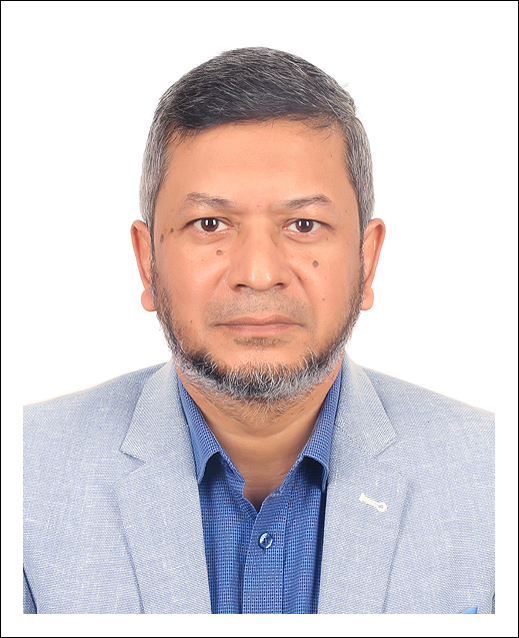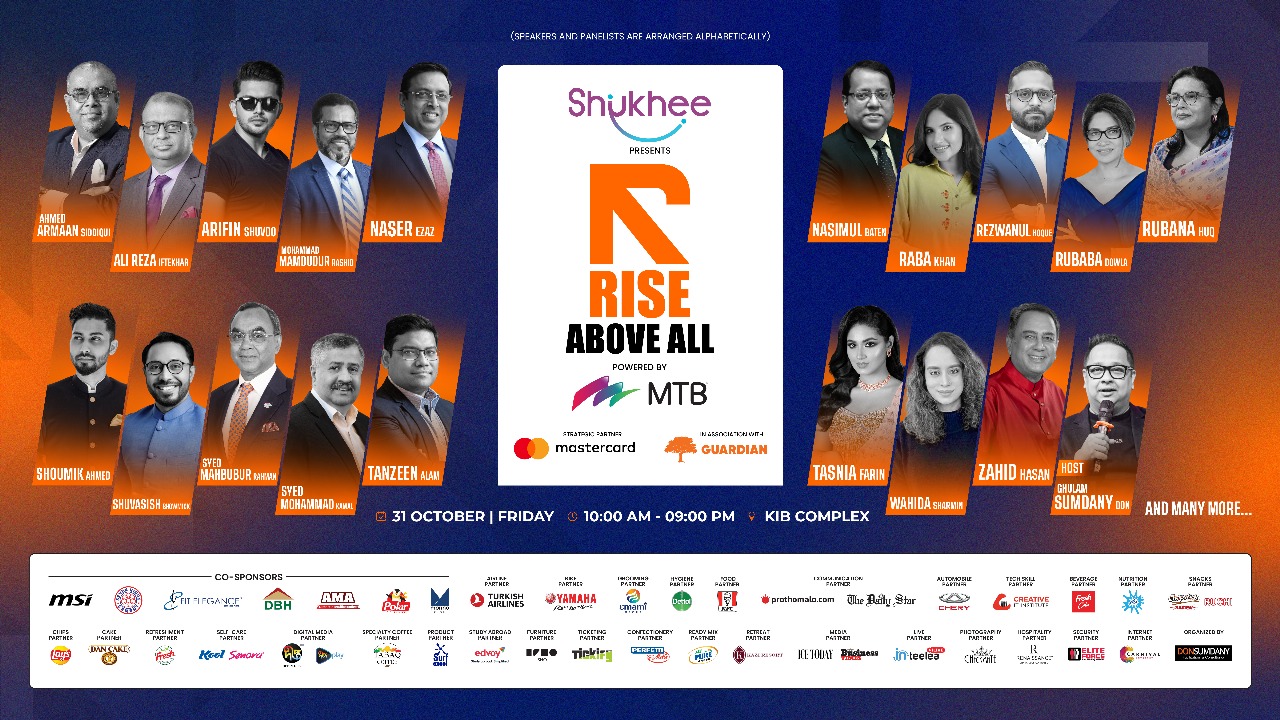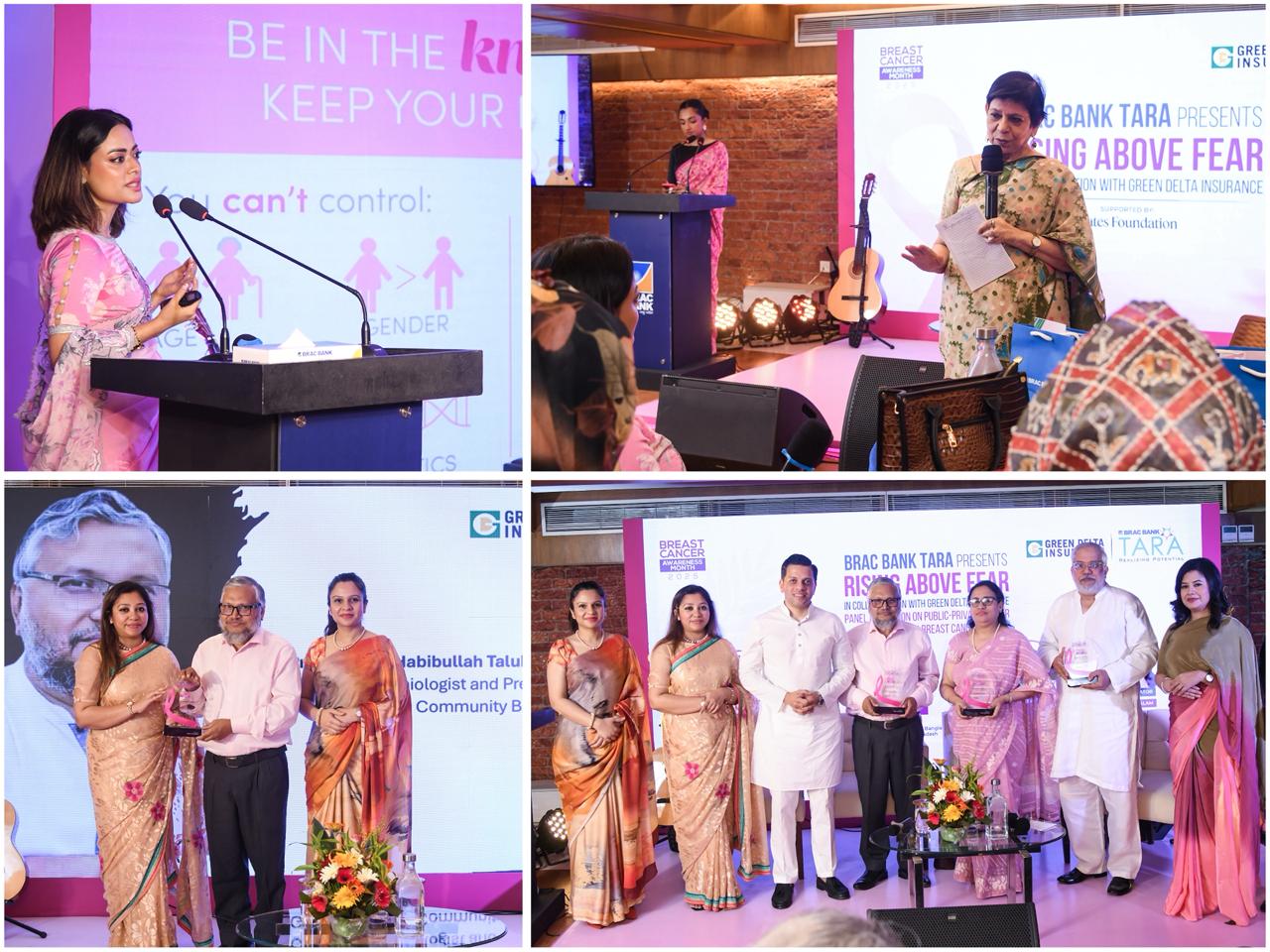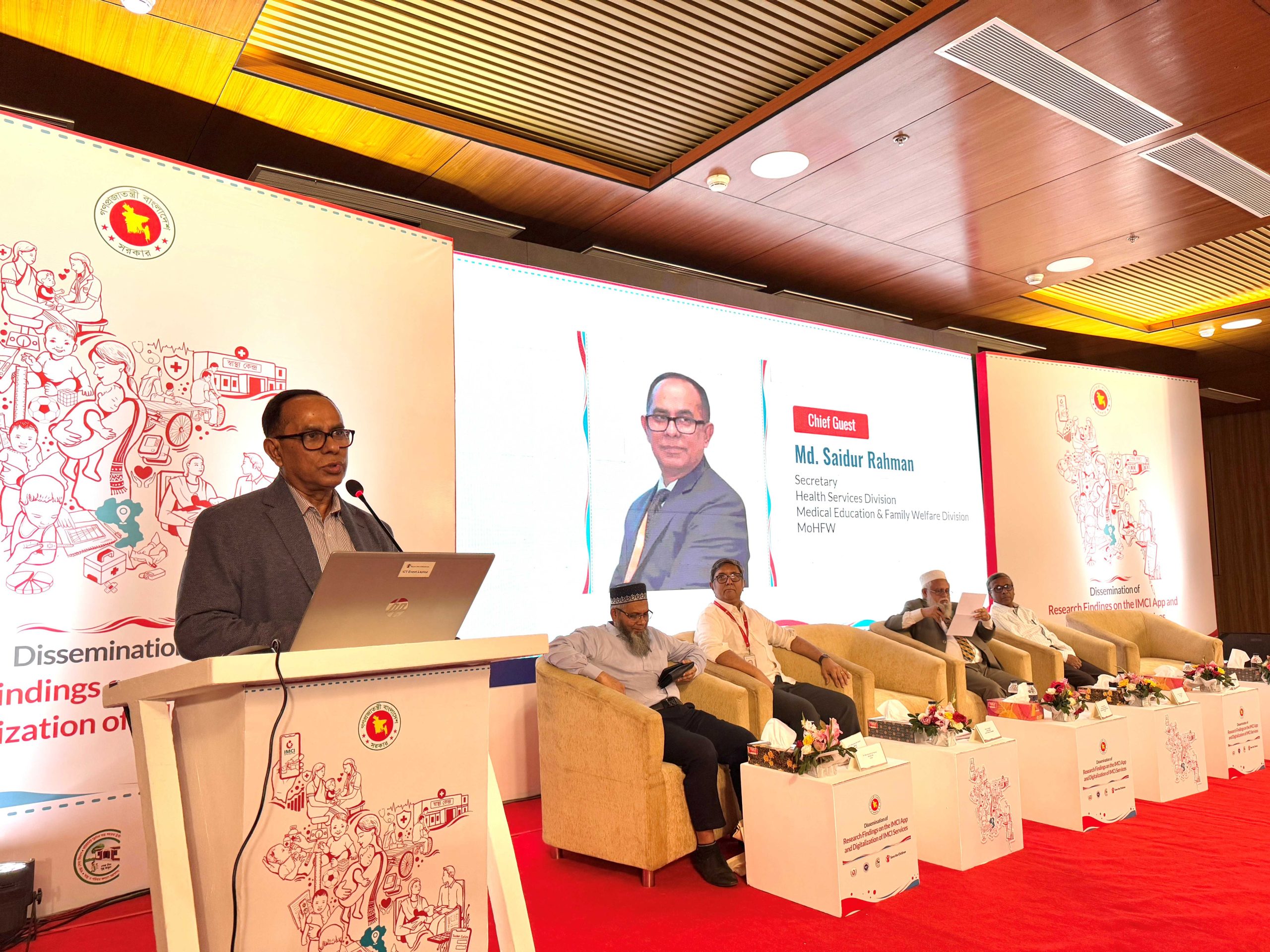The World Bank’s Helping Hand for Urban COVID Victims of Bangladesh
December 2019, as the world hailed the new year with much zeal and aplomb, it had no idea that the coming year would bring with it a global catastrophe of such vast proportions that it would impact each and every citizen of the world, toppling medical systems and felling whole economies with each wave. While the most immediate and visible impact of the pandemic was on the health sector, there was a multitude of latent impacts that made themselves known as the world dove deeper into lockdown phases. One of these impacts was on the urban population of lower-middle-income nations like Bangladesh.
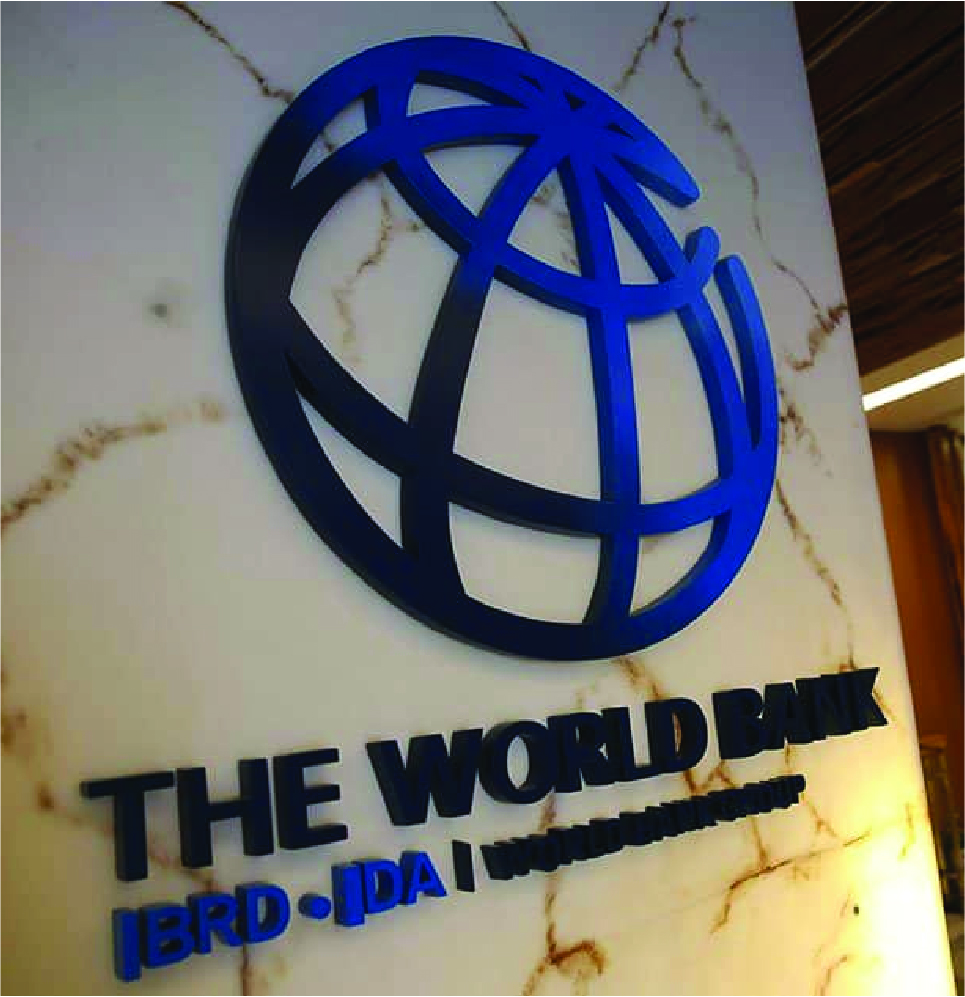
As Dhaka is the most developed city in Bangladesh, followed by Chattogram, most of those that migrate from rural areas in search of jobs or to escape the threats of climate change, usually crowd around these cities. As the cities are small in area and cannot afford the extra headcount, most of these ‘urban poor’ end up living in overcrowded and unsanitary slums and on pavements, in less than satisfactory conditions and usually, from hand to mouth. It is this class of people that were among the worst hit due to the pandemic. Not only did the lockdowns put a lethal pause on their livelihoods, the conditions in which they live made it no easier to contain the spread of disease. Therefore, they ultimately bore the worst of the disease as well as the supplementary problems that came with it. As the relatively better established lower-middle-class stratum depleted their small savings to ride out the winds of higher expenses, forced unemployment, reduced pay or a shutdown of business altogether, the poorest of the lot were unable to stay above ground and slipped under the poverty line completely.
While the most immediate and visible impact of the pandemic was on the health sector, there was a multitude of latent impacts that made themselves known as the world dove deeper into lockdown phases. One of these impacts was on the urban population of lower-middle-income nations like Bangladesh.
As the pandemic recedes and daily infection rates and death counts go down, these people too are gradually beginning to take stock of what is lost and what is left, and how to move forward. Fortunately, help is at hand and those that have somehow managed to survive, may finally be in line for some respite. The World Bank’s International Development Association (IDA) has announced USD 300 million in financing to help some 40 million urban residents build back their lives and also fortify themselves against future shocks like these. The financial provision was announced on Friday, 24 February and is directly aimed to support urban local government institutions like municipalities and city corporations as well as support labour-intensive public works to restore the tattered livelihoods of all vulnerable parties who work in the informal sectors of the country.
As the informal sector is not taxed and nor does it see a lot of intervention by the government, this sector is often termed unmanageable and even troublesome. Even so, the informal sector makes up a large portion of the economies of developing and fledgeling middle-income countries. Around 329 municipalities and 10 city corporations will receive funding twice a year to invest in the improvement of crucial service deliveries as well as infrastructure for these groups and to aid them to recover economically. The funding will also be utilised to prepare for future climatic effects in order to avoid the loss of human lives and curb losses of livelihood too. The aim is to further contain possible disease outbreaks such as dengue. Due to the ways in which the people of this sector live, it is difficult to contain the spread of diseases and pandemics when they occur. However, the project is expected to ensure water supply and sanitation, and drainage to facilitate a more hygienic environment for inhabitants of any given locality in the city.
The Local Government COVID-19 Response and Recovery Project, with the help of the funding provided, expect to also help urban local authorities to respond to the issues that have cropped up due to the pandemic and thereby help the affected parties recover. The authorities are to build handwashing facilities maintain toilets and sanitisation in municipality owned and run markets, burial grounds and public offices. This way, residents will have better access to municipality run health dispensaries and help smooth along vaccination registration processes for disadvantaged and vulnerable groups of people. The funding will also help them run awareness programs on COVID-19 health protocols, vaccines and climate risks.
World Bank’s International Development Association (IDA), is a wing that provides concessional finance, or finance to developing nations below market rates for development purposes. This particular project has a 30-year term as well as a 5-year grace period.
Crucial man-days were lost during the pandemic lockdown, and many were rendered jobless during this time, impairing the development of the economy in immeasurable ways. The World Bank funding will help create 1.5 million temporary workdays as well as create additional employment for 10,000 women under the public work scheme. On the other hand, the project will also work to strengthen the core capacities of local institutions’ training and development, technical assistance and a web-based platform for ease and speed of coordination and information exchange, especially in case of emergencies. The project will be implemented in all divisions of the country: Barishal, Chattogram, Dhaka, Khulna, Mymensingh, Rajshahi, Rangpur, and Sylhet.
World Bank’s International Development Association (IDA), is a wing that provides concessional finance, or finance to developing nations below market rates for development purposes. This particular project has a 30-year term as well as a 5-year grace period. The World Bank was the first of the country’s development partners and has already committed USD 35 billion in an assortment of grants, interest-free and concessional credits ever since the country’s independence. Bangladesh currently has the largest running IDA program amounting to over USD 14.5 billion.
Once in operation, this new project looks to build back lives that had been sapped of hope in the pandemic years. A country is only as good as its people, and having said that, with perhaps a little help, this vast majority of people can also help contribute to the climbing GDP of the country and be able to look to the future with confidence and assurance. An assurance, Bangladesh no doubt needs, if it is to make a smoother transition from a lower, to a higher-middle-income nation, not too long into the future.










